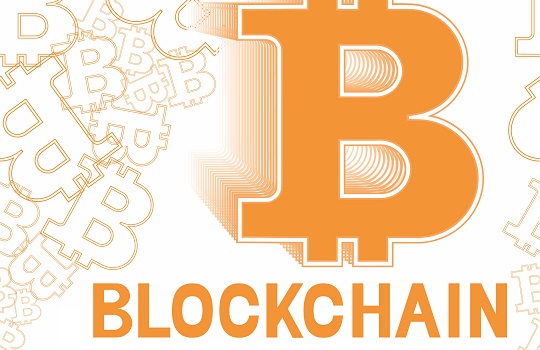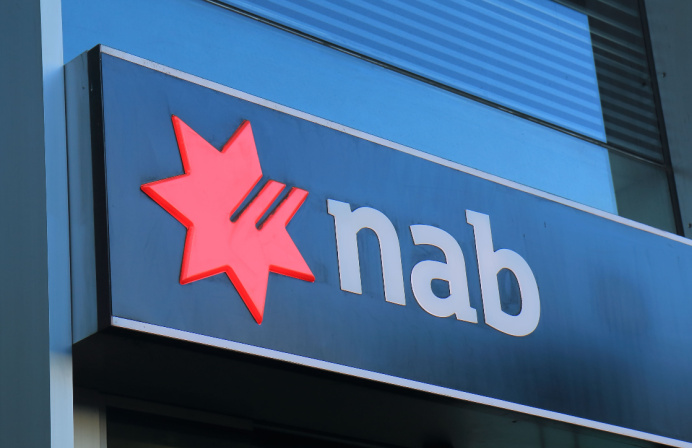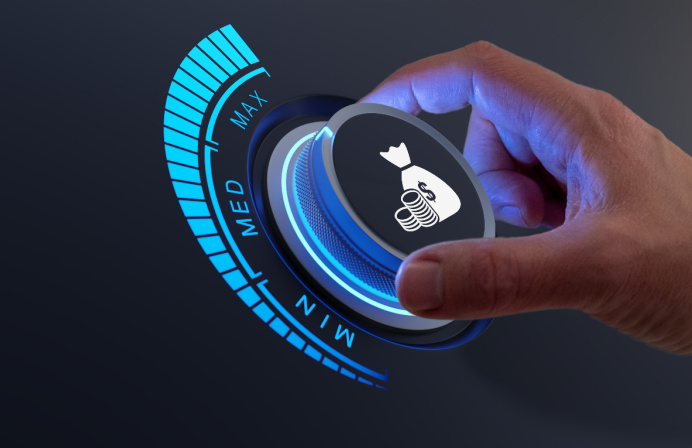
Japan’s Mizuho Bank and Fujitsu have jointly completed an operational trial of blockchain technology, as distributed ledgers continue to gain traction across Asia Pacific.
Japan’s Mizuho Bank and Fujitsu have jointly completed an operational trial of blockchain technology, as distributed ledgers continue to gain traction across Asia Pacific.
The trial, which ran from December, 2015 to February this year, saw to the development of a blockchain-forming system in Fujitsu’s cloud environment, recording the information from a confirmation – such as securities name, quantity of securities, currency code, amount, country of settlement, settlement type and date – all as one linked block.
It was run by Mizuho Bank, responsible for providing its expertise with the securities settlement process; Fujitsu Limited, who conducted the development, evaluation, and testing of the trial system; and Fujitsu Laboratories, who undertook the trial application of blockchain technology.
Mizuho said the trial was conducted to help create an “exceptionally convenient financial system” that reduces the risks associated with cross-border securities transactions such as price fluctuations.
“The goal was to enable low-cost, low-risk cross-border securities transactions by building a system utilising blockchain technology that can almost instantly share matched trade information in the post-trade process as data that cannot be tampered with, but without building a large-scale settlement system from scratch,” an official statement from Mizuho says.
“This would thereby shorten the time from trade execution to final settlement from the previous three days to the same day.”
In the system, continuously generated blocks containing trade information were chronologically linked as blockchain, becoming information that Mizuho Bank claims “could not be tampered”.
Due to the possibility of sharing the information between multiple companies, the partners confirmed that it was possible to shorten the time required in the post-trade process.
The value of transitioning to a blockchain distributed ledger environment rests with the view that blockchain technology will help overcome present inefficiencies for all parties involved – including time wasted by asset managers checking the settlement instructions and transaction content for inconsistencies.
“As the asset manager is exposed to such risks as price fluctuations if the counterparty goes bankrupt during the period between executing the trade and completion of the settlement, it is desirable to shorten the settlement process,” an official statement from Mizuho says.
Mizuho confirmed both companies will use the results obtained from the trial to consider the application of blockchain technology to cross-border securities transactions from next month moving forward.





